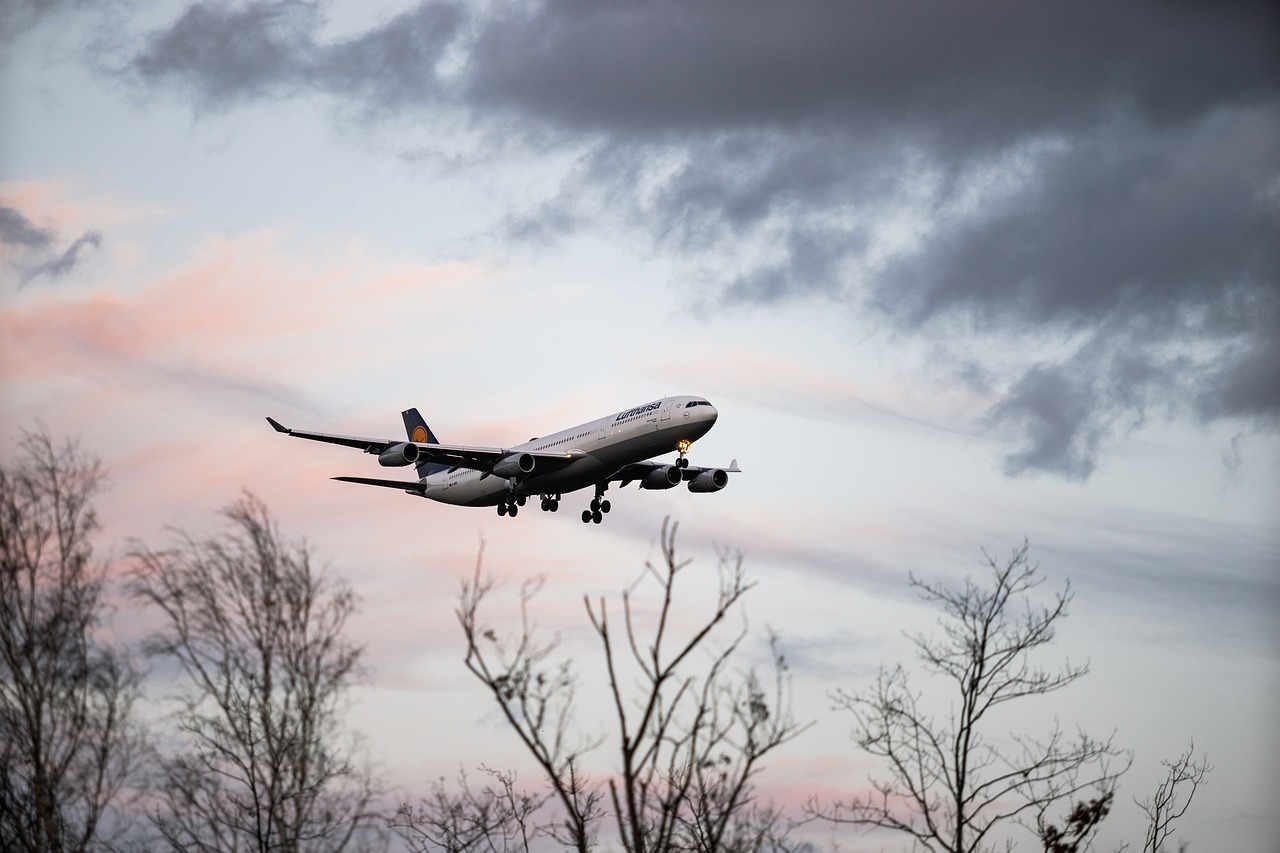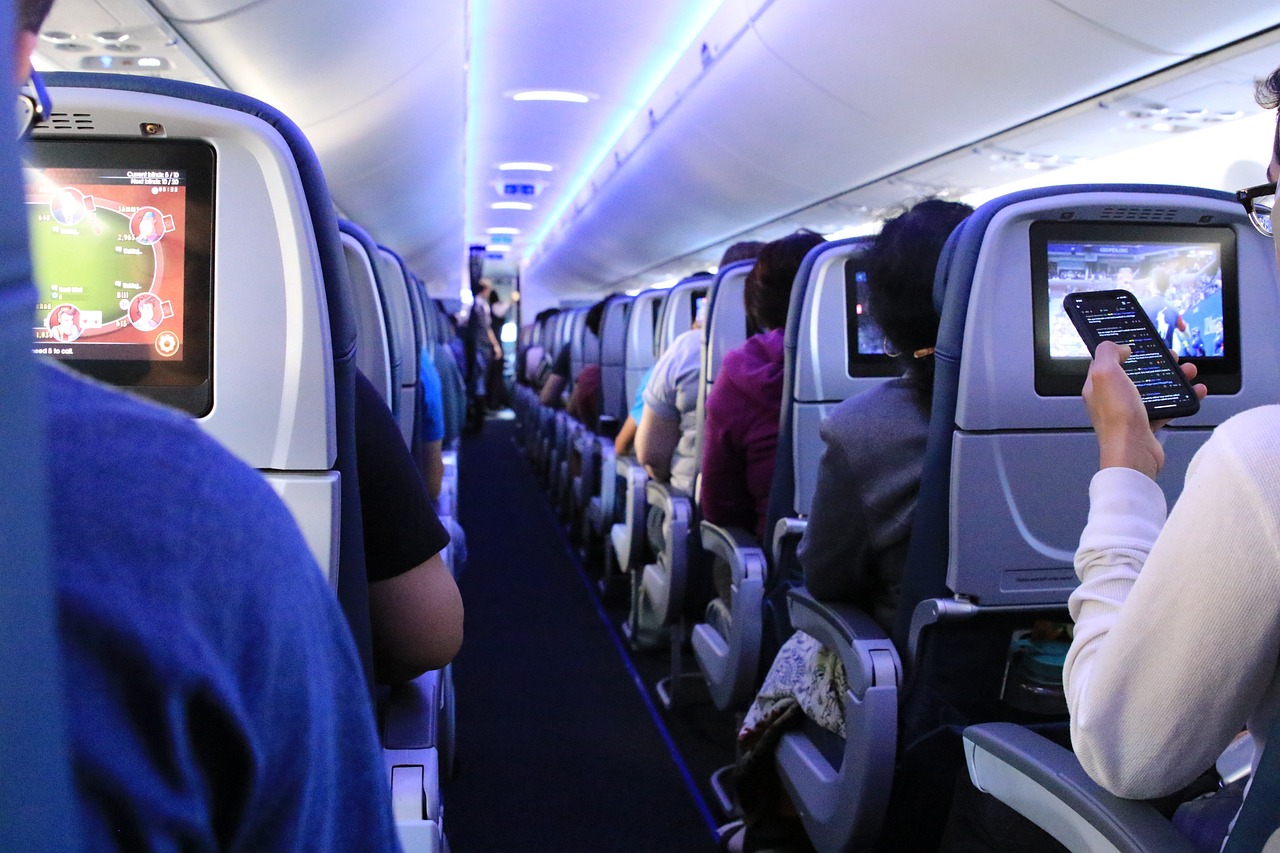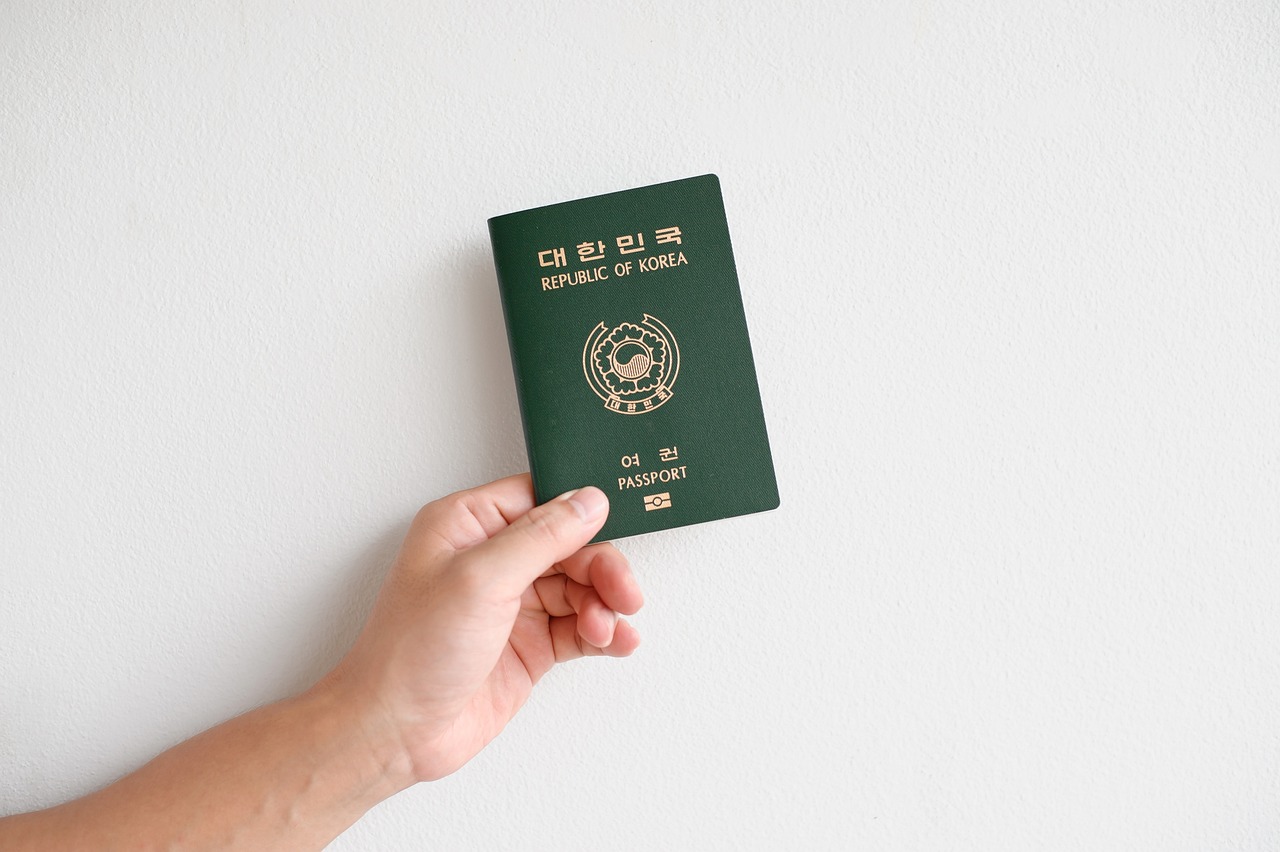Finding out that your Saudi Arabia e-Visa application has been denied can be quite disheartening. However, it’s important to know that this setback isn’t the end of your travel plans. There are steps you can take to understand and rectify the situation. Understanding the reasons behind the denial and knowing what to do next can significantly enhance your chances of a successful application in the future. In this article, we’ll explore the common reasons for e-Visa denials, what actions to take if your application is denied, and tips to avoid future rejections.

Introduction to Saudi Arabia e-Visa Denial
Understanding the Saudi Arabia e-Visa System
The Saudi Arabia e-Visa system is designed to make the visa application process more efficient for tourists. This electronic travel authorization allows eligible citizens to visit Saudi Arabia for short-term stays. The e-Visa is valid for one year from the date of issuance and permits multiple entries, with each stay not exceeding three months. Despite its convenience, the e-Visa does not guarantee entry; travelers must meet all conditions upon arrival. The process is quick, typically taking just a few minutes to fill out the online form, but accuracy is crucial to avoid complications.
Importance of Vision 2030 and Tourism
Saudi Arabia’s Vision 2030 aims to diversify the economy by boosting tourism. By simplifying the visa process, the country hopes to attract more international visitors. As part of this initiative, the e-Visa service, operated by the Ministry of Tourism, has been introduced to expedite entry for tourists and pilgrims. However, adherence to Saudi laws and cultural practices is strictly enforced, and applicants are expected to respect these norms during their stay. This focus on tourism is a cornerstone of Vision 2030, making it essential for travelers to understand the visa requirements.
Common Reasons for e-Visa Denial
Despite the streamlined process, there are several reasons an e-Visa application might be denied. Common issues include incomplete or inaccurate application forms, missing or damaged passport pages, and lack of proof of accommodation. Previous visa violations, security concerns, and health issues can also lead to denial. Understanding these reasons can help applicants avoid mistakes and improve their chances of approval on subsequent attempts.
| Information | Description |
|---|---|
| Incomplete or inaccurate application form | Errors or omissions in the application can lead to denial. |
| Missing or damaged passport pages | Passports must be in good condition and have all pages intact. |
| Lack of proof of accommodation | Applicants must provide evidence of where they will stay during their visit. |
| Previous visa violations | Past infractions can affect current applications. |
| Security concerns | Applications undergo security checks, and any concerns can result in denial. |
| Health issues | Health concerns can lead to visa application denial. |

Common Reasons for Saudi Arabia e-Visa Application Denial
Incomplete or Inaccurate Application Form
One of the most frequent reasons for e-Visa denial is an incomplete or inaccurate application form. Even small errors can lead to a rejection, so it is vital to double-check all the information before submission. Ensure that all fields are filled out correctly and that there are no discrepancies between your application and your supporting documents. Simple mistakes, such as misspelled names or incorrect passport numbers, can cause significant delays.
Missing or Damaged Passport Pages
Your passport must be in excellent condition to avoid issues with your e-Visa application. Missing or damaged passport pages can be a red flag for authorities. Make sure your passport is intact and has at least six months of validity from your intended date of entry into Saudi Arabia. If your passport is damaged, consider getting a new one before applying for the e-Visa.
Lack of Proof of Accommodation
Proof of accommodation is a critical requirement for the Saudi e-Visa. Failing to provide this information can result in your application being denied. Ensure you have valid reservations or an invitation from a host in Saudi Arabia. Your proof of accommodation should include details like the address and duration of your stay.
Previous Visa Violations
Past visa violations can severely impact your chances of obtaining a new e-Visa. If you’ve overstayed a previous visa or violated any visa conditions, this will likely be recorded and reviewed. Always adhere to visa requirements and avoid any activities that could jeopardize your travel history. Clearing up any past violations can improve your chances of future approval.
Security Concerns
Security concerns are another common reason for e-Visa denial. Each application undergoes a security check to ensure the safety of Saudi Arabia and its citizens. Any red flags in your background, such as criminal records or suspicious activities, can lead to denial. Be transparent and honest in your application to avoid complications.
Health Issues
Health issues can also be a factor in e-Visa denials. Saudi Arabia may deny entry to individuals who pose a health risk to its population. Ensure you meet all health requirements and have any necessary vaccinations before applying. Providing accurate health information can help mitigate this risk.

Steps to Take After Your Saudi Arabia e-Visa Application is Denied
Review the Denial Reason
The first step after receiving a denial is to review the reason provided. Understanding why your application was rejected will guide your next steps. Carefully read the denial notice and identify the specific issues raised. This will help you address the problems and improve your chances of future approval.
Correcting and Resubmitting Your Application
Once you’ve identified the reasons for denial, you can take steps to correct the issues. Double-check all information and ensure all required documents are complete and accurate. Make necessary corrections and resubmit your application, addressing all the points that led to the initial denial. Attention to detail is crucial in this step.
Contacting Relevant Authorities
If you’re unsure why your application was denied or need further clarification, contacting the relevant authorities can be helpful. This could include the Ministry of Tourism or the local Saudi embassy. Reach out for assistance and ask for guidance on resolving the issues. They may provide additional insights or support to help you navigate the process.
Seeking Assistance from Third Parties
If navigating the visa application process feels overwhelming, consider seeking assistance from third-party services. Many organizations specialize in visa applications and can offer expert advice. Using a reputable third-party service can streamline the process and increase your chances of a successful application. They can help ensure all requirements are met and documents are in order.

How to Avoid Future e-Visa Denials
Ensuring Complete and Accurate Information
The best way to avoid future e-Visa denials is to ensure your application is complete and accurate. Double-check all the details you provide and ensure they match your supporting documents. Accuracy in your application is crucial to avoid unnecessary delays or rejections. Take the time to review everything carefully before submission.
Preparing Proper Documentation
Proper documentation is essential for a successful e-Visa application. Ensure you have all the necessary documents, such as a valid passport, proof of accommodation, and any other required information. Keeping your documents organized and readily available can make the application process smoother. Make sure all your documents are up to date and in good condition.
Understanding Saudi Arabian Entry Requirements
Familiarize yourself with Saudi Arabian entry requirements to avoid any surprises. This includes understanding cultural practices, legal requirements, and any specific conditions for your visa type. Being well-informed can help you meet all the necessary criteria and avoid any pitfalls. Researching these requirements beforehand can save you time and hassle.
Consulting with Travel Experts
If you’re unsure about any aspect of the e-Visa application process, consulting with travel experts can be beneficial. Travel agencies and consultants often have up-to-date information and can provide valuable advice. Seeking professional help can enhance your chances of a successful application. They can guide you through the process and help you avoid common mistakes.

Resources and Contacts for Further Assistance
Ministry of Tourism (MT)
The Ministry of Tourism is the primary authority for e-Visa applications in Saudi Arabia. They can provide official information and assistance. Contacting the MT can help you get answers to specific questions and resolve any issues with your application. They are a reliable resource for accurate and up-to-date information.
Embassy or Consulate Support
Your local Saudi embassy or consulate can offer support and guidance for your e-Visa application. They can provide information on required documents, application procedures, and any other relevant details. Reaching out to your local embassy can be a practical step if you encounter any problems. They can also help with any legal or procedural questions you might have.
Third-Party Visa Assistance Services
Many third-party services specialize in helping travelers with visa applications. These services can offer expert advice, review your documents, and help you prepare your application. Using a reputable third-party service can simplify the process and increase your chances of success. They can provide personalized assistance and ensure all requirements are met.
Useful Online Platforms and Applications
There are several online platforms and applications designed to assist with visa applications. These tools can help you track your application status, provide reminders for important dates, and offer tips for a successful application. Utilizing these platforms can make the application process more manageable and organized. They can be a valuable resource for staying on top of your visa requirements.
Originally posted 2024-08-06 22:12:07.
